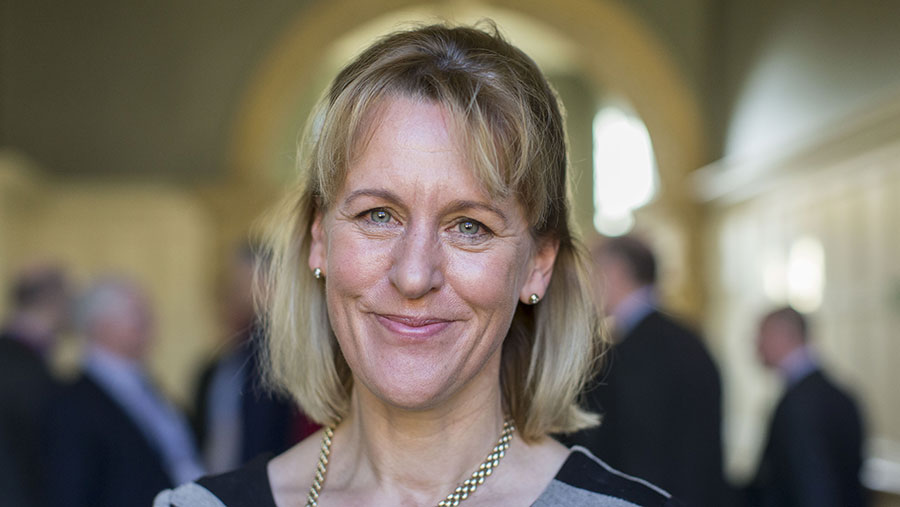NFU manifesto demands five key policies from next government
 © David Hartley/REX/Shutterstock
© David Hartley/REX/Shutterstock Creating the right policy environment after next month’s general election will be crucial if British agriculture is to meet its full potential and deliver for the environment, the consumer and the economy.
To achieve this, the NFU has set out three tests for the next government in a new pre-election manifesto, designed to overcome the very real threats the industry faces from Brexit.
See also: Society can take environmental concerns too far
These are:
- A commitment to protect standards of production in trade policy
- A long-term investment programme to support British farming
- Guaranteed access to a skilled and competent workforce.
“The outcome of this general election will determine the future direction of this country and our farming system, including how we trade with the world, how we invest in our food system and how we attract a workforce,” said NFU president Minette Batters, launching the manifesto in London on Tuesday (12 November).
“British farmers are already world leaders in our standards of animal welfare, environmental protection and food safety.
“With the right political environment, we believe that we can deliver even more, from our ambitious vision for net zero [carbon emissions] agriculture by 2040 to increasing our self-sufficiency by producing more high-quality, British food.”
The manifesto, “Back British Farming: Brexit and Beyond”, also sets out five key policy challenges, which the NFU says the government must address over the next parliament (see panel).
“There are still very real threats that we face as an industry,” said Ms Batters. “If we crash out of the EU without a deal, or introduce a trade policy that allows imports of food produced to standards that would be illegal to produce here, delivering on our ambitions suddenly becomes very challenging.
“That is why we are urging all political parties to commit to protecting our standards of production in future trade policy as one of our headline asks in this manifesto.”
Five key policy challenges for government
Navigating Brexit for British farming: The principal demand is for government to avoid a no-deal Brexit so the industry is not lumbered with costly border checks and tariffs. There should be a sufficient transition period; the AHDB should do more to develop markets at home and abroad; and UK standards should be protected from imports.
A competitive and sustainable farming sector: There should be support to encourage productivity, manage volatility and protect the environment. Government investment in agriculture should be maintained, with more supply-chain fairness.
A thriving countryside and rural communities: There must be an accelerated roll-out of high-speed broadband and reliable mobile coverage, and more effort made to combat rural crime.
Long-term government food strategy: A new national food strategy should offer a fair deal for food producers as well as consumers. All government procurement should source British food, and farming should be embedded in the national curriculum.
Science at the heart of policy-making: Government must base its decisions on licensing plant protection products and future animal health and welfare on sound science. It should also commit to continuing with badger culling as a proven way of reducing bovine TB, and should offer grants and fiscal incentives to help farmers achieve net-zero carbon emissions by 2040.
What other rural organisations say:
The NFU manifesto follows a flurry of other policy demands from rural organisations, including the Country Land and Business Association (CLA), the Tenant Farmers’ Association (TFA) and the Soil Association.
The CLA has launched what it is calling a new Rural Powerhouse campaign, seeking to “unleash the potential of the rural economy” by raising rural productivity, so adding £43bn to the UK economy.
It is writing to every parliamentary candidate in the UK, seeking their support. Its recommended policies include improving rural connectivity; revamping the planning system; supporting agricultural profitability; investment in skills and innovation; and a simpler tax system.
The TFA, as well as seeking a benign Brexit based on frictionless trade and sufficient access to labour, is also demanding tax changes to encourage landlords to offer longer tenancies.
Meanwhile, the Soil Association is recommending a 10-year food, farming and forestry rescue package, designed to “tackle climate change, restore nature and soil health, and normalise healthy diets”.
